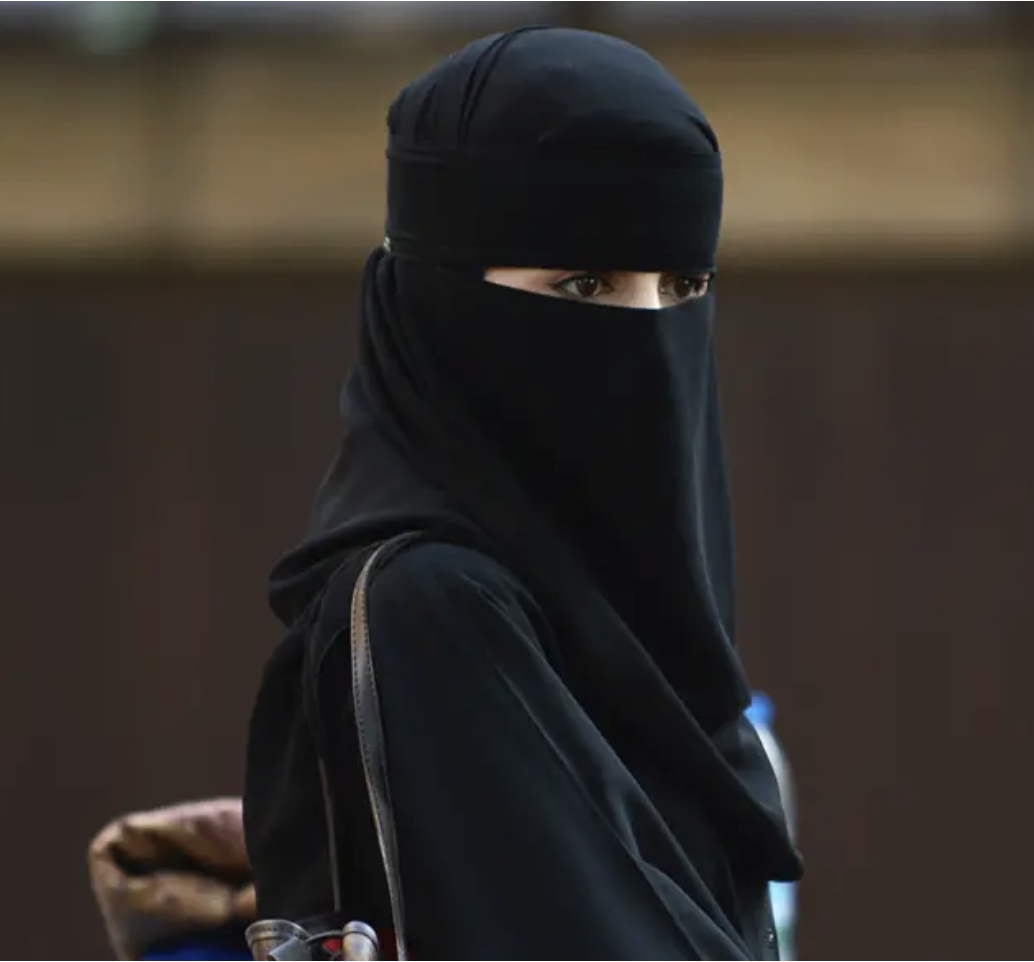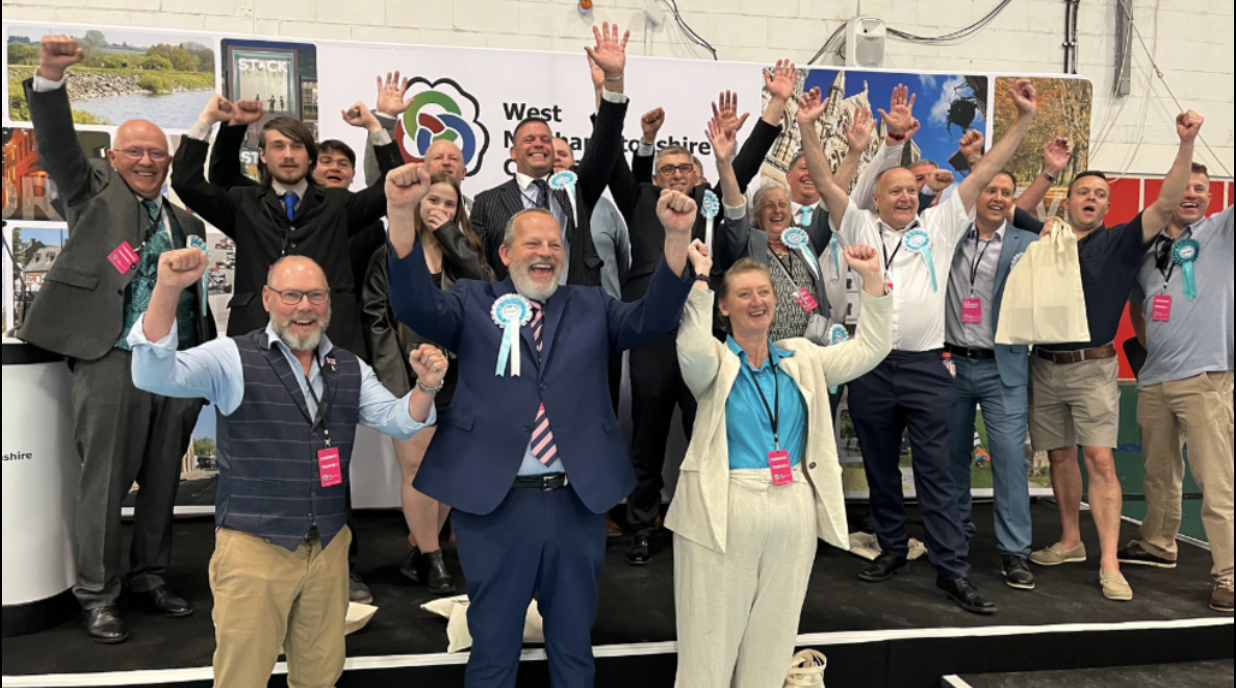A British Imam, Two Children, and a Nation Too Afraid to Speak

In a quiet English town, beneath the hum of Friday prayers, a 52-year-old imam stood before two sixteen-year-olds and declared them husband and wife. This wasn’t rural Pakistan or Afghanistan. It was Northampton Central Mosque, 2025.
Last week, Imam Ashraf Osmani, a British national born in Bangladesh, pleaded guilty under forced-marriage legislation. He admitted conducting a Nikah (an Islamic marriage) between the teenagers.
The case, heard at Northampton Magistrates’ Court, is one of the first prosecutions since the Marriage and Civil Partnership (Minimum Age) Act 2022 made it illegal for anyone under eighteen to marry in any form, religious or civil.
Osmani will be sentenced in November. The law is clear that arranging or facilitating under-age marriage is a crime. The question is why it happened at all and how many other imams are quietly doing the same?
When Sharia Defies the Law
Under British law, no child can marry. Yet some religious leaders still perform Nikahs for minors. These ceremonies have no civil standing, but they legitimise control and lifelong dependency under the cover of faith. If the law is meant to apply equally, why are religious exemptions still tolerated? Why can an imam in Northampton break the law that binds every other citizen and still serve as a community leader until the court intervenes?
The Shadow System Inside Britain
Across Britain, informal Sharia councils arbitrate family disputes, issue religious divorces, and bless marriages the state would never recognise. Civil servants call it “community cohesion.” In practice, it is a quiet surrender of democratic authority.
Diversity can strengthen a nation. But institutional timidity has allowed unregulated systems of authority to flourish through systems answerable to no one, least of all the British public.
From grooming-gang scandals to honour-based abuse, every inquiry reveals the same pattern where officials would rather risk negligence than accusations of prejudice.
The Northampton case isn’t an anomaly. It’s a symptom of a deeper sickness. We have become a country frightened to defend our own laws.
Who Oversees the Imams?
Most mosques operate as registered charities, which should bring oversight from the Charity Commission, local safeguarding boards, and inter-faith networks. Yet ask a simple question - how many imams have had safeguarding training or undergone inspection? and you will find that there is no public record, no audits and no accountability.
Local councils and police know the risks. They also know the political cost of confronting them. It is safer to fund “community engagement” projects than to check what happens behind closed doors.
This is not about religion; it is about the rule of law. It is about the foundation that protects every citizen, of every belief, equally. When law is applied selectively, democracy begins to decay.
Fear Has Replaced Courage
The same fear that once allowed the rape gangs to operate now protects religious institutions from scrutiny. Politicians have learned nothing. They speak of “tolerance” while turning away from child abuse disguised as cultural practice.
Every public servant who hesitates, every officer, councillor, or safeguarding official, sends the same message to these people.
Some laws are optional, some communities untouchable, some victims invisible. That is not tolerance. It is betrayal.
The Silence of Institutions
Since Imam Osmani’s guilty plea, no major Muslim organisation has publicly condemned the act. The Muslim Council of Britain has issued no statement. Local MPs have offered no comment. The Charity Commission has announced no investigation. The Home Office has said nothing.
This silence matters. It tells every community leader that child marriage will be treated as an internal matter rather than a criminal offence. It tells victims that those charged with protecting them would rather preserve reputations than confront wrongdoing. Silence is not neutrality; it is complicity.
A Mosque Within an Umbrella Network
What makes the Northampton case even more serious is that Northampton Central Mosque is not an isolated place of worship. It is a member of the Northamptonshire Council of Mosques, an umbrella organisation representing the majority of the county’s Islamic institutions and maintaining formal dialogue with local authorities and police.
This link means there is already a structure in place - a network that claims to liaise with civic leaders, promote cooperation, and uphold shared values. If one of its member mosques has now been found breaking British child-protection law, the question becomes unavoidable:
What oversight does this council of mosques exercise over its own members?
- Did it have safeguarding policies?
- Did it monitor compliance?
- Has it issued any condemnation or corrective action?
- If not, what is the point of the umbrella body at all?
Institutional networks were meant to prevent precisely this kind of scandal. Their silence now exposes how easily dialogue becomes deflection and how structures built for accountability have turned into shields against scrutiny.
Hidden Numbers, Hidden Victims
No one knows how many religious marriages of minors take place in Britain. Such ceremonies are unregistered and invisible to regulators. The Government’s Forced Marriage Unit only records cases that reach the police. This is a tiny fraction of what campaigners believe occurs. Without data, there can be no accountability. The secrecy itself has become a shield.
Who Will Stop It?
Parliament must now demand answers. Northampton’s two Labour MPs, Lucy Rigby (Northampton North) and Mike Reader (Northampton South), have a moral duty to speak up. Their silence so far is deafening. This is not a moment for platitudes about diversity or faith outreach. It is a moment for leadership.
The Charity Commission must investigate every institution conducting Nikahs, especially where minors are involved. Local councils must include all faith venues in safeguarding audits. And national Muslim organisations must show moral courage by condemning child marriage without qualification or fear of backlash.
Britain cannot police what it refuses to see. Until every religious leader is held to the same standard as every other citizen, “one law for all” remains a slogan and not a safeguard.
Councils Have the Power - They Just Refuse to Use It
Local councils already possess the legal tools to intervene when safeguarding laws are breached inside any institution, including mosques.
They can trigger child protection inquiries under the Children Acts of 1989 and 2004, restrict access to unsafe premises, and refer charities to the Charity Commission for immediate suspension.
In practice, a council can set in motion the very process that shuts a mosque down, at least temporarily, where children are at risk. The powers exist. The question is why they are almost never used.
If police investigations reveal criminal conduct, such as facilitating an under-age marriage, courts can issue orders that close a building or halt its activities pending prosecution.
Fear of political backlash has paralysed enforcement. It is easier to fund “community outreach” than to uphold the law. But safeguarding should never be a matter of negotiation or reputation management. The duty to protect children applies everywhere, including inside places of worship.
One Law for All or No Law at All
Imam Osmani’s conviction should have shaken the nation. Instead, it risks being filed away as an isolated case. Unless this sparks a full-scale inspection of religious marriage practices, it will fade like every scandal before it.
How many more children are being “married” under the banner of Sharia while the authorities look away?
No child should ever be placed beneath the control of an adult in the name of religion.
Britain Must Choose
Democracy demands courage - the courage to stand for truth even when it is unpopular. Today that courage has been replaced by appeasement.
The Northampton case is not about one imam or one mosque. It is about whether this country still believes in one law for all. And Northampton, now governed under unitary authorities led by the Reform Party, has an opportunity to prove that courage still exists in British politics.
If Reform truly stands for accountability and protecting British values, here is their moment.
A council led by a party that promises to challenge political cowardice must now show it. Because the moment we allow fear to decide who the law applies to, we surrender the nation we claim to protect.

Reform Council Action Plan: What They Can Do Today
West Northamptonshire Council, now under Reform leadership, already has the legal and regulatory tools to act. None of these steps require new legislation, only the will to enforce existing law.
- Launch a Safeguarding Inquiry
Use powers under the Children Acts 1989 and 2004 to open a multi-agency investigation into any setting where minors may have been placed at risk. Suspend all youth activities at the premises while the inquiry proceeds. - Refer the Case to the Charity Commission
As the mosque operates as a charity, the council can file a “serious-incident” report. The Commission can freeze accounts, suspend trustees, and appoint interim managers pending a safeguarding audit. - Convene the Community Safety Partnership
Bring together Northamptonshire Police, social services, and education officers to review whether other under-age Nikahs or similar breaches have occurred locally. - Use Premises-Inspection Powers
Through Environmental Health and Planning, inspect for fire, building-safety, or licensing breaches. Issue Prohibition Notices if necessary to restrict public access until compliance is proven. - Suspend or Review Council Funding and Partnerships
Place any grants or consultation agreements with the Northamptonshire Council of Mosques on hold until the body demonstrates clear safeguarding standards and transparency. - Commission an Independent Safeguarding Review
Pass a council motion commissioning an outside expert panel, similar to those used after grooming-gang scandals, to audit safeguarding in all local faith institutions. - Ensure Public Accountability
Table questions at full council meetings, publish progress updates, and make a formal report to the Home Office outlining gaps in national oversight.
Reform councillors now have the chance to show that their promises on accountability and child protection are more than words. The question remaining is a simple one - does Reform have the courage to fight back against the expansion of the Sharia?
I am Raja Miah MBE. It is now seven years since I first started to expose how politicians protected the rape gangs.
If my words have ever helped you make sense of a broken system, if they’ve ever made you feel seen, heard, or hopeful, please don’t scroll past.
🔴 Support my work. This fight is far from over.
There are no paywalls to access any of my work. I share all of my content for free.
As well as sharing my work on social media and running online workshops, each month, I travel across the country to meet with ordinary people. I charge no speaker fees. Nor do I claim a single penny in expenses.
All I ask in return, for those that can afford to do so, is support me from just £3/month or £30/year. That’s 75p a week. Pennies to most - everything to help keep me going.
🔴 Prefer a one-off contribution?
👉 http://BuyMeACoffee.com/recusantnine
👉 http://paypal.me/RecusantNine
This is the fight. This is the moment. There will not be another.
- Raja 🙏